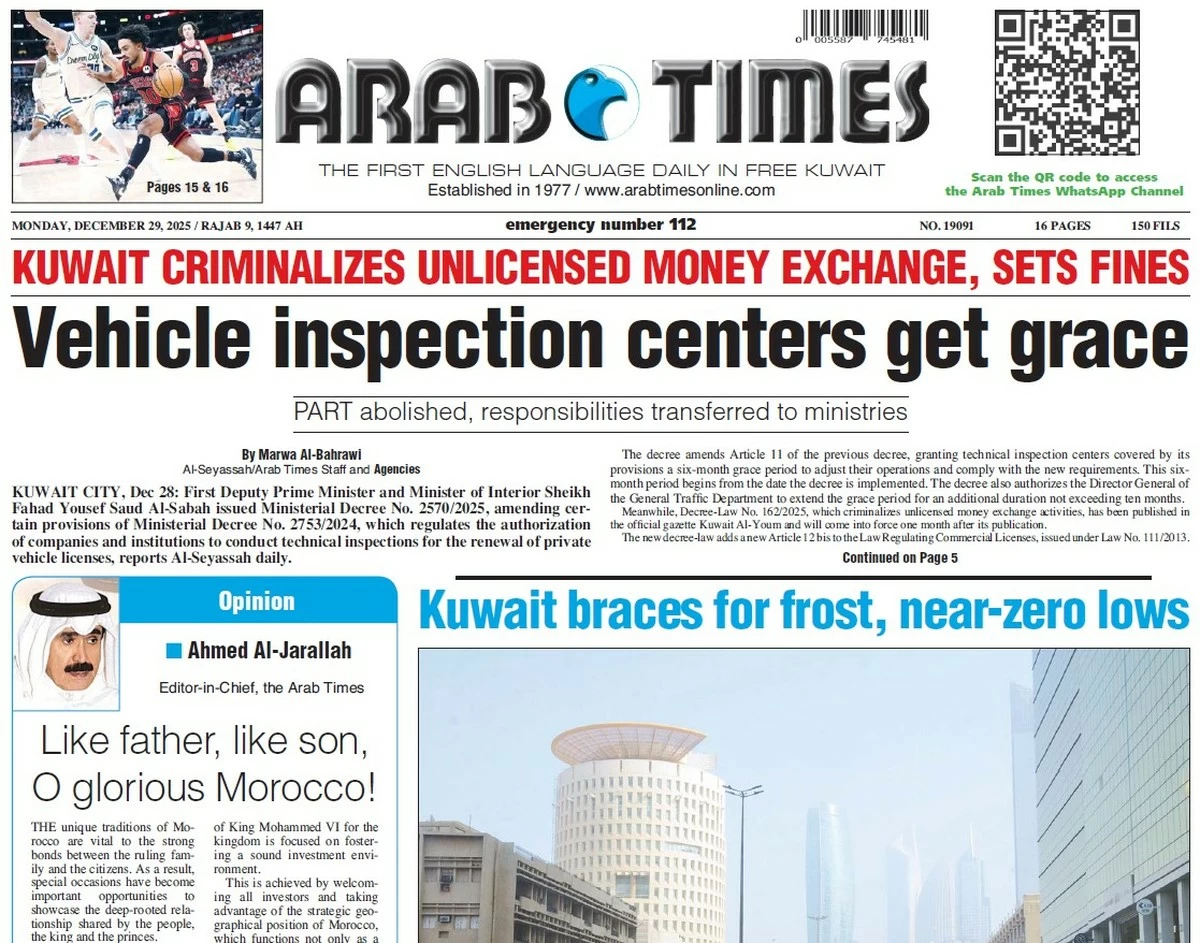16/11/2025
16/11/2025
Syria desperately needs a pragmatic policy after enduring immense hardship caused by prolonged domestic and regional political adventures. At least a decade of tireless recovery efforts is needed to overcome this. Incumbent Syrian President Ahmed Al-Sharaa made a brilliant move with his international engagement, particularly his openness to the West and Europe. From the outset, he understood that a stable State is not built on mere slogans, which are nothing more than illusions marketed by the ruling elite as firmly held beliefs.
Over the past decades, Syria has not been different from other Arab countries afflicted by regimes claiming to be revolutionary. Instead of changing the internal reality, they resorted to raising a righteous slogan used for nefarious purposes – ‘The liberation of Palestine’. This pattern of deflection started with Nasser’s 1952 coup against King Farouk. It involved a process of brainwashing rather than a serious attempt to build a modern State.
Ironically, while Nasserism championed ‘Arab unity’, the revolution ultimately led to divisions. This was evident in the breakup of the unified monarchy of Egypt and Sudan, and the ideological split between Iraq and Syria later, even though both were governed by the same Ba’ath Party. We must acknowledge that the Arab states lacked the power to resist the 1947 partition plan for Palestine, and their failure to unite against it constituted an acceptance of Israel. Despite this, they maintained the rhetoric, “Liberating Palestine from the river to the sea.” This stance was utterly discredited when they abandoned the West Bank, Gaza Strip and Golan Heights. The 1967 War was their greatest disgrace, especially for the self-proclaimed revolutionary regimes of that era. We offer these insights to the current Syrian government with the aim of helping it avoid the traps that other Arab states have fallen into. Syria is facing an enormous task today, requiring immense work and effort not only for reconstruction but also to repair the damage caused by the Syrian Ba’ath Party’s policies and the resulting legacy of bloodshed and sectarian conflict.
This situation echoes that of its Iraqi counterpart, whose actions turned Baghdad—once a global hub for science and culture—into a breeding ground for sectarian strife, subjected to a systematic process of Persianization. For decades under Ba’athist rule, Damascus, an ancient city and historically a vital trade center, became a haven for terrorist groups, acquiring the reputation of a pariah city. Given this history, the global opposition to the regime and support for the revolution that brought it down are entirely understandable. Consequently, this first post-independence visit by a Syrian president to Washington is highly consequential.
It presents a critical opportunity that must be seized to cultivate global engagement for Syria. Failure to do so, risks the country slipping back into the trap of hollow rhetoric and misleading nationalism. Frankly, Israel’s existence is a permanent reality, strongly supported by western and European nations. This means the current Syrian government must adopt a realistic approach, taking into account the new circumstances. The late Egyptian President Anwar Sadat, may Allah have mercy on him, serves as a key precedent. He recognized early on that aggressive military action would achieve neither territorial gains nor peace for Egypt.
Therefore, he persevered through immense challenges to pursue peace, operating on the principle, “If you cannot break it, shake it.” This is the current reality for Syria. We advise Ahmed Al-Sharaa to disregard the worn-out and clichéd Arabic accusations of treason. Historically, anyone pursuing political realism—starting with Habib Bourguiba—has faced such accusations. The truth is that the actions taken by Jordan, the United Arab Emirates (UAE) and Bahrain are the epitome of realism. For Syria to regain its economic strength and alleviate the suffering of its citizens, it must follow the same pragmatic path toward resurgence



